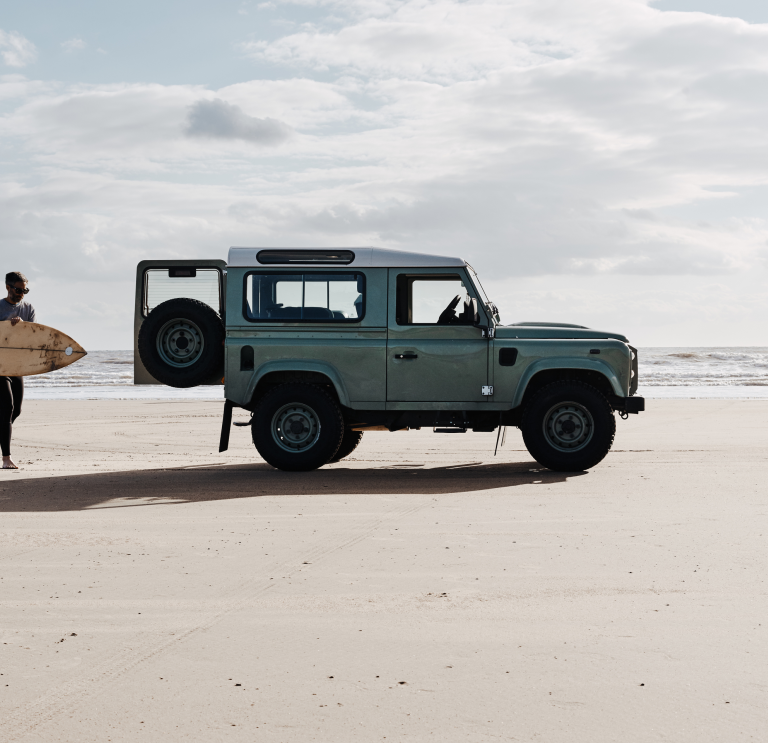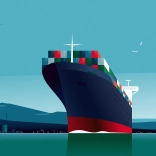Dr Alan Parker moved to the Vale of Glamorgan in 2013, accompanied by his wife and two children. "South Wales is a welcoming and affordable place to live, with a fantastic quality of life and great schools," he says. "We have bustling towns such as Cowbridge and Penarth on our doorstep, as well as beautiful countryside.
"Me and my family enjoy walking along the beaches of the Glamorganshire Heritage Coast Path near where we live, as well as taking day trips and short breaks in Pembrokeshire, the Gower and Bannau Brycheioniog (Brecon Beacons) National Park. We're never short of places to explore; to this day, I'm still finding new footpaths and fields close to our house."
When he's not working from home, Dr Parker commutes to Cardiff University’s School of Medicine. There, he’s involved in world-leading research to fight cancer with genetically modified viruses. During the COVID-19 pandemic, Dr Parker and his team were able to use their skills and virology resources to help in the race to produce a COVID-19 vaccine.
"When everyone was told to stay home, we weren't able to go into the lab to do cancer research. Instead, we put our time to good use; the coronavirus pandemic halted certain cancer treatments and research developments, so we did what we could to help find a vaccine, which in turn meant that we could get back to doing our cancer research sooner.
"We have a bank of thousands of viruses that we use as part of our cancer research, so we looked into ways of changing which genes were expressed in order to turn them into COVID-19 vaccines. I feel proud of what we are able to do as a world-leading team that develops virotherapies for cancer treatment, and how we've worked together to put Wales on the map when it comes to vaccine development."
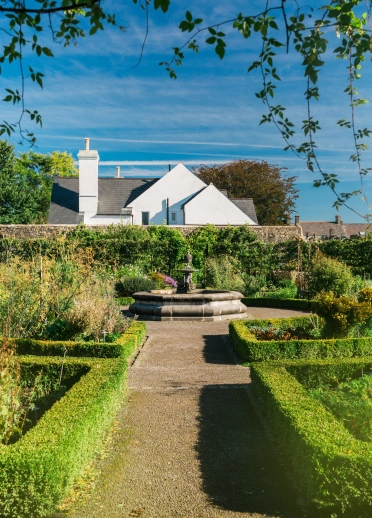
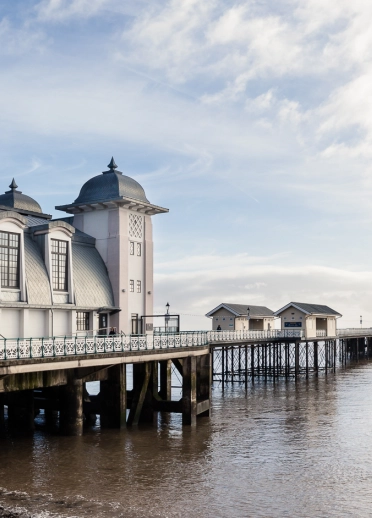
“When we moved to Pembrokeshire, it was for the work-life balance," says Julian Rollins – journalist, broadcaster and author of walking guides to Pembrokeshire, Carmarthenshire and Ceredigion. "I’d been in Birmingham, and my drive to work on the M6 would often take two mind-jangling hours. I’d get home long after the kids were in bed."
While the children were at school the family lived in a village close to the shores of Cardigan Bay in West Wales. "The best bit was that the sea was about 20 minutes away: going to the beach was an everyday thing. When the children were young we could pick them up at the end of school and just go swimming or surfing.
"Now, the girls have grown up and moved on. I still live in Pembrokeshire, but I've refocused my work situation so that I'm not working on writing from home every day. I have a part-time teaching job in south Pembrokeshire, so I moved to Pembroke Dock for a more sensible commute. It's only 15 minutes door to door.
My new house has a view of the sea, which is great. I see the ferry to Ireland coming and going each day. When I do work from home, it's good to be able to take a break by walking the dog along the seafront and watching boats come and go.
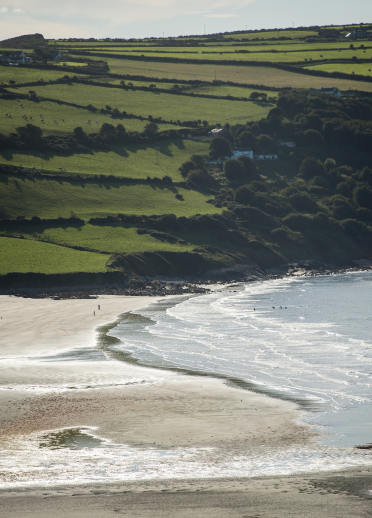
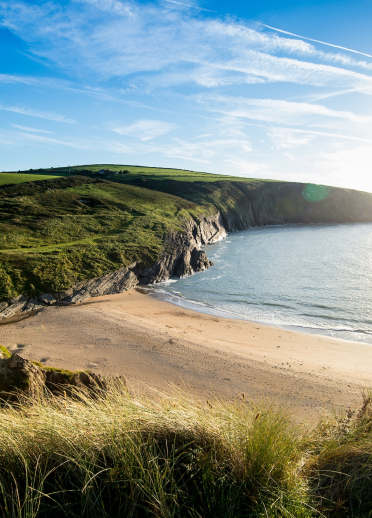
Lowri Williams returned to work near her home city of Bangor in the North West of Wales. "The Welsh language is central to my life and identity," she says, "and it was important for me to move back to the area where I spent my childhood to bring up my own son, and to contribute to the community and its future.
"It’s wonderful that we are surrounded by so many outdoor activities in Anglesey and Eryri (Snowdonia) – I can be at my desk all day and on top of a mountain in the evening, surrounded by magnificent views."
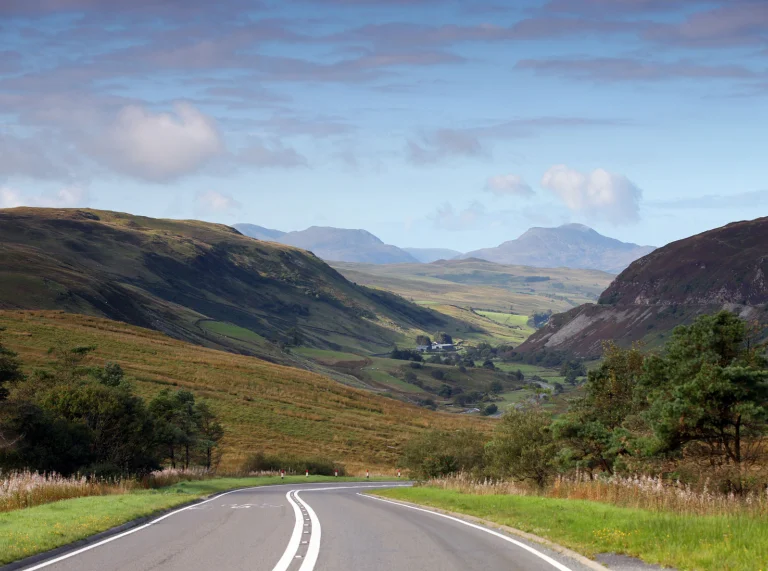
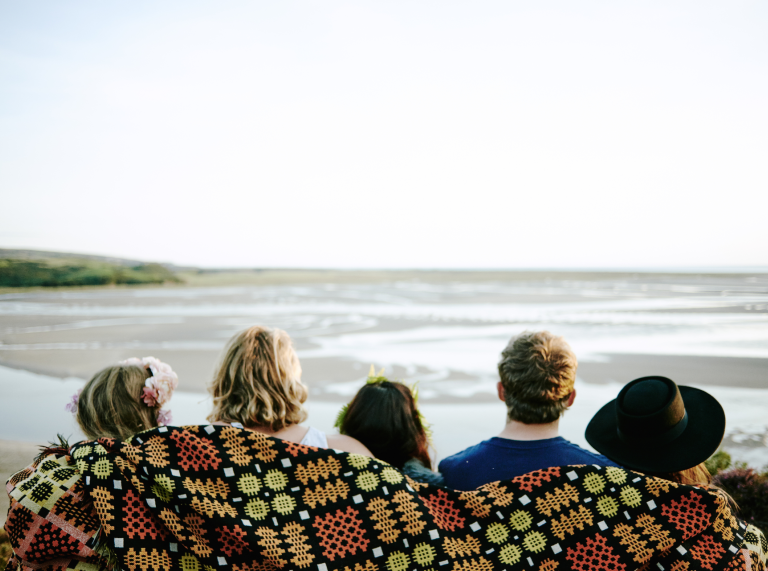
In Wales, being able to balance a rewarding career and an inspiring life outside the workplace is an achievable goal. On the work side of the equation, even the daily commute can be a tonic rather than a nuisance.
Those who drive twice daily through the beautiful Bannau Brycheiniog (Brecon Beacons) National Park are treated to scenery a lot more inspiring than the inside of a London Tube tunnel. And it’s difficult to imagine a better morning pick-me-up than pulling in towards Llanelli on what the Guardian has called 'the British Isles’ most charming rail line'. Our transport links are good, and they’re getting better. On the rail network, a root-and-branch-line programme of improvements intends – over the coming years, to trim journey times, increase weekday services and introduce new trains and stations.
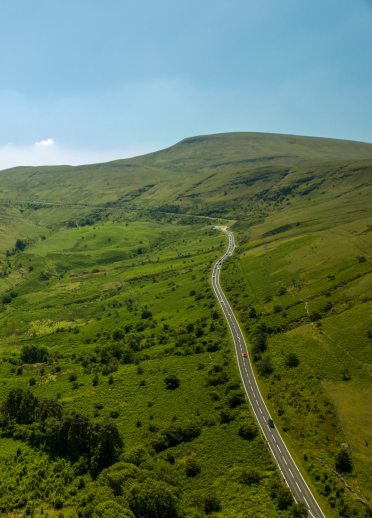
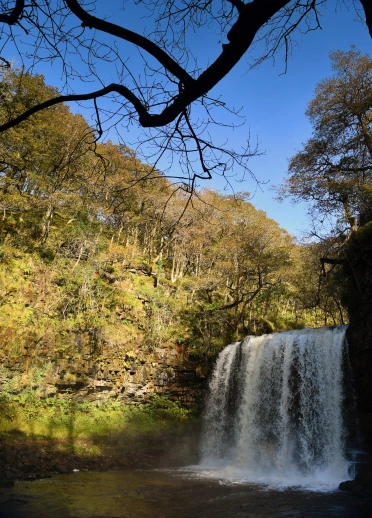
For many who move to Wales, the prospect of a better family life is the deal-clincher. Local schools are at the heart of every Welsh community. The nation has its own education system, distinct from the rest of the UK, and Estyn – the body that maintains standards – has rated 77% of all schools as 'good' or 'excellent'. Every child has the chance to learn Welsh, or to have all their tuition delivered in the language. There’s plenty of opportunity for adults to get a grasp of Welsh, too, from residential courses and evening school to informal 'drop-in' sessions at local cafés where you can hone your conversational skills.
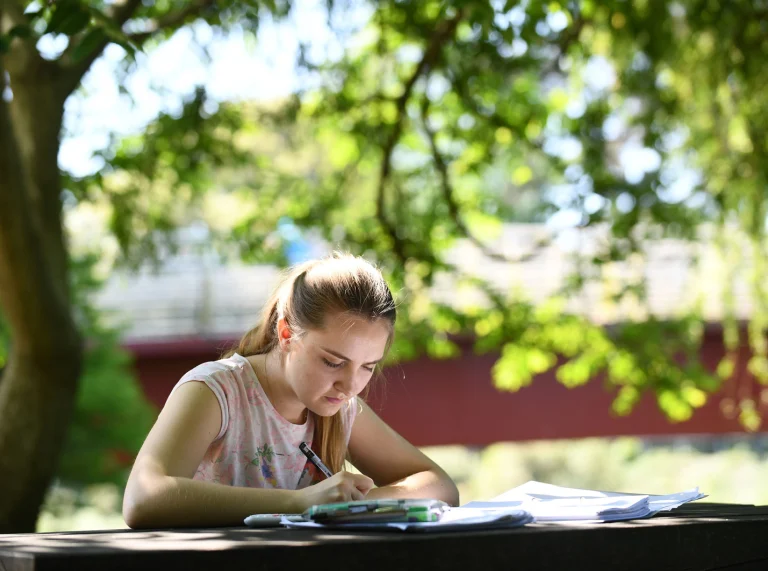
Wales is a diverse and cosmopolitan place. Our most famous LGBT+ celebration is Pride Cymru, centred on 'The Big Weekend' in Cardiff. It’s a gaudy, heady mix of music and street parades, with the rainbow flag flying proud from the Castle down to the Bay. Then there’s the Iris Prize Festival – one of Europe’s best-established LGBT+ film events, with a six-day festival in the capital and year-long outreach events throughout the nation.
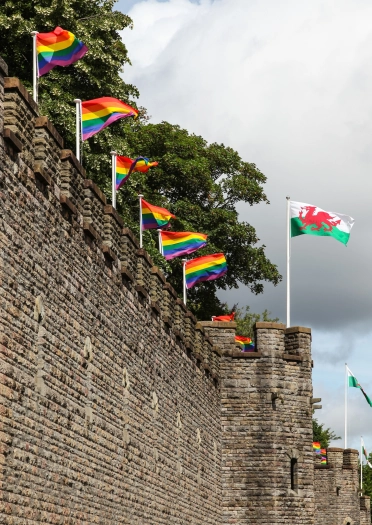

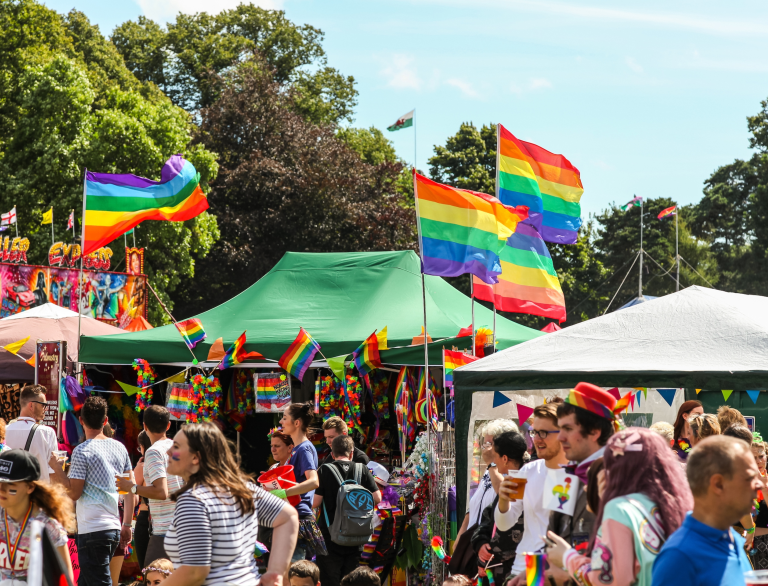
Our eight universities make regular appearances near the top of UK league tables for student satisfaction, and are renowned worldwide for academic excellence across a wide range of subjects."
Our eight universities make regular appearances near the top of UK league tables for student satisfaction, and are renowned worldwide for academic excellence across a wide range of subjects. This has attracted an overseas student body that now numbers more than 19,000, drawn from more than 170 countries.
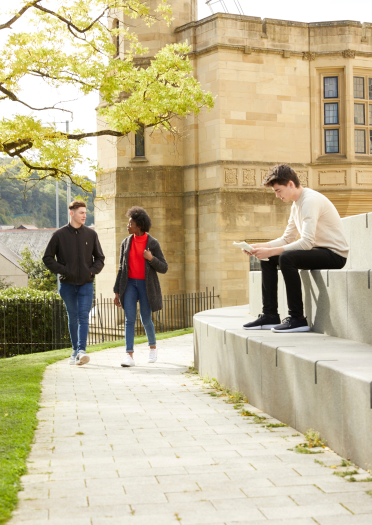
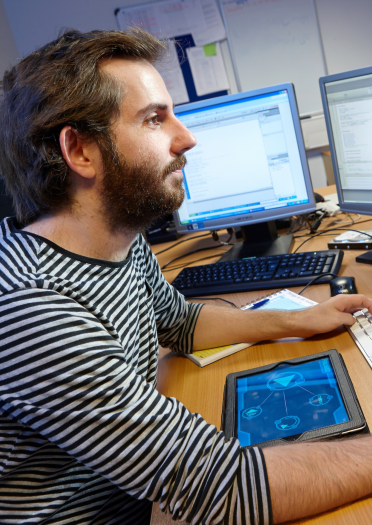
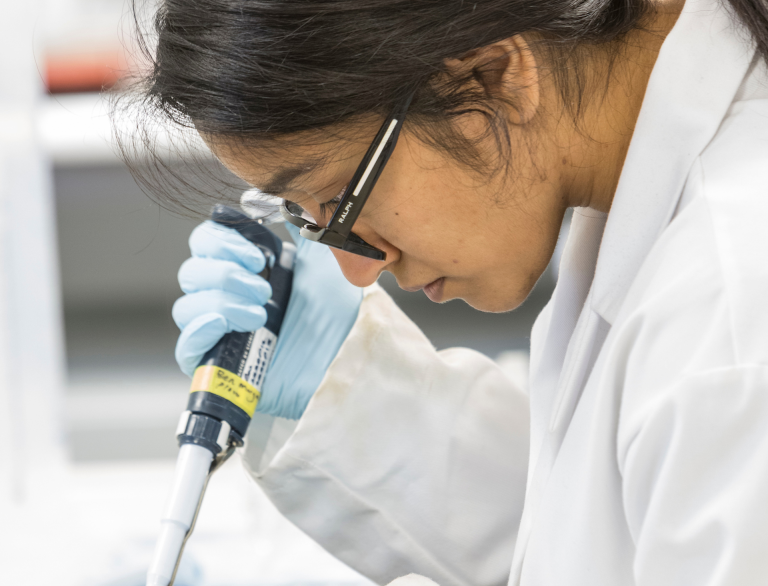
Indeed, we’re a nation with a strong international outlook, thanks to long-standing educational, business and cultural links with nations and regions all over the world.
Our capital is a patchwork of different cultures. It's a legacy of the days when coal and iron were king, and Cardiff boasted one of the greatest docks in the world. Merchants and sailors from every seafaring nation came to Cardiff's 'Tiger Bay' to make their living. Untold thousands of them chose not to leave, becoming proudly Welsh – yet passing their customs and culture on to their children.
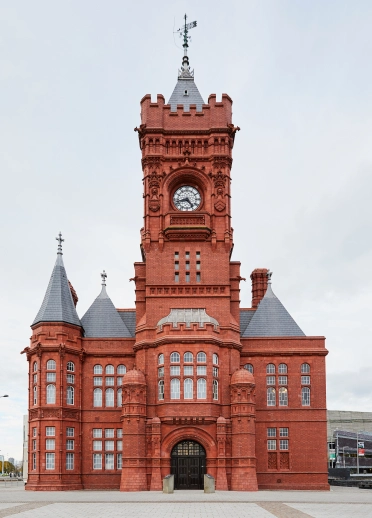
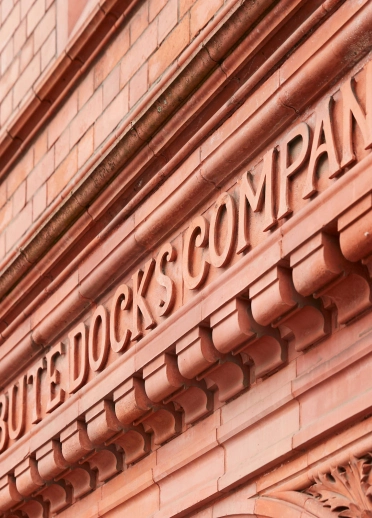
There are established expat communities in Wales from many countries, with the Indian, Irish and Chinese making up the largest groups. It’s a two-way cultural exchange: St David’s Day celebrations now take place in Chongqing, just as Chinese New Year is marked throughout our nation.
Wales is for life, not just for holidays: a modern nation with a diverse economic, cultural and recreational landscape, making work, rest and play effortlessly pleasurable.
